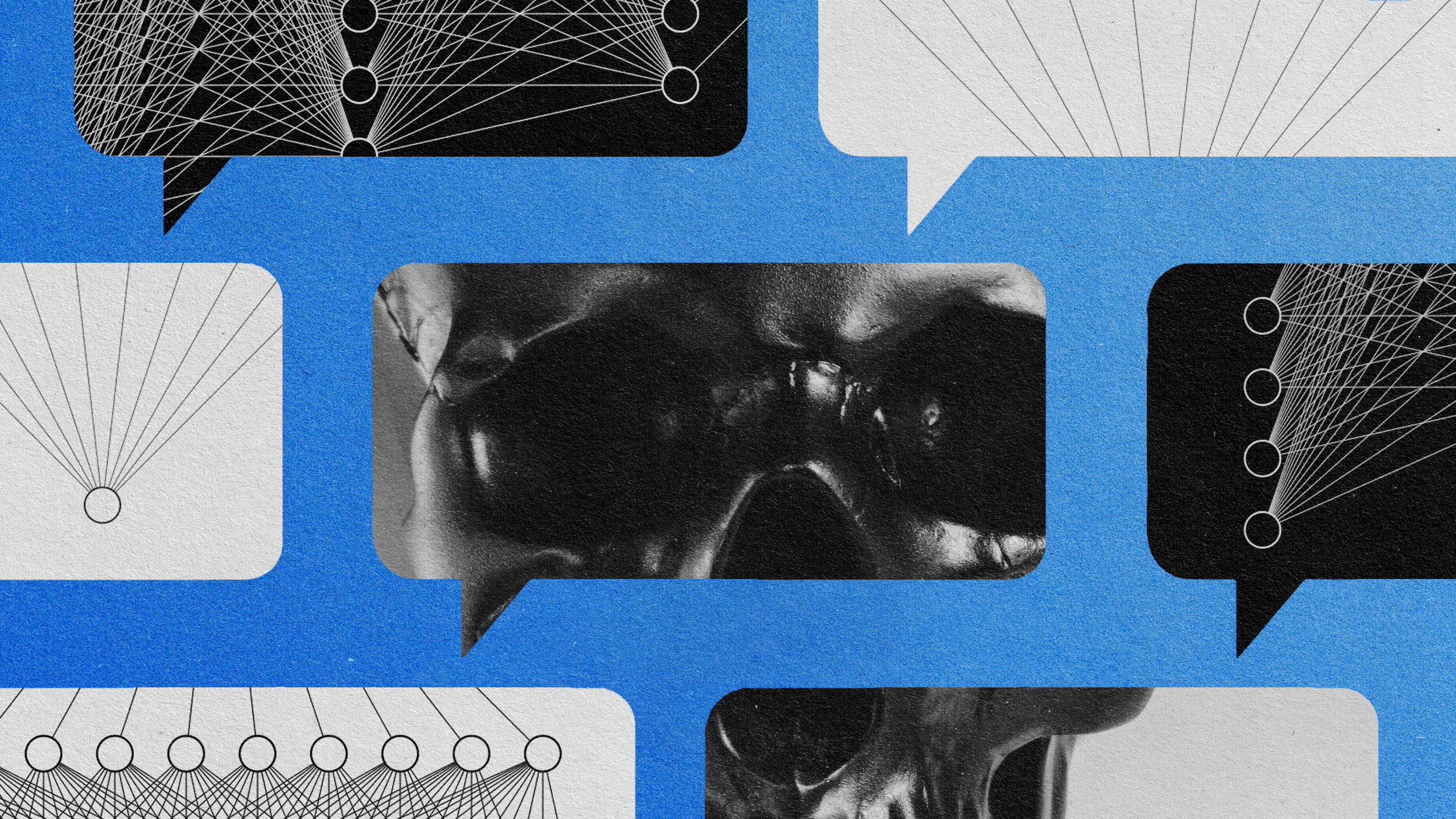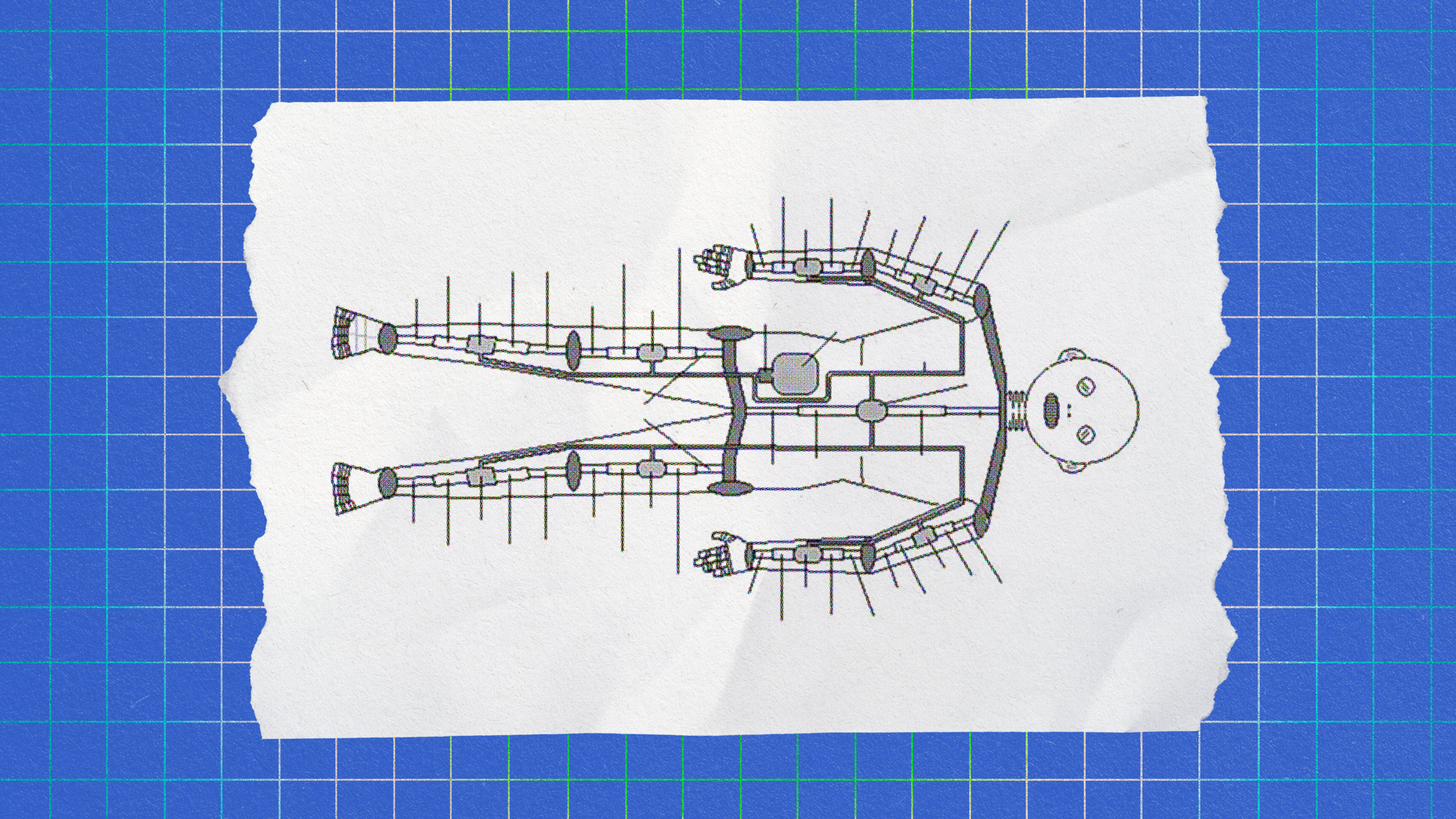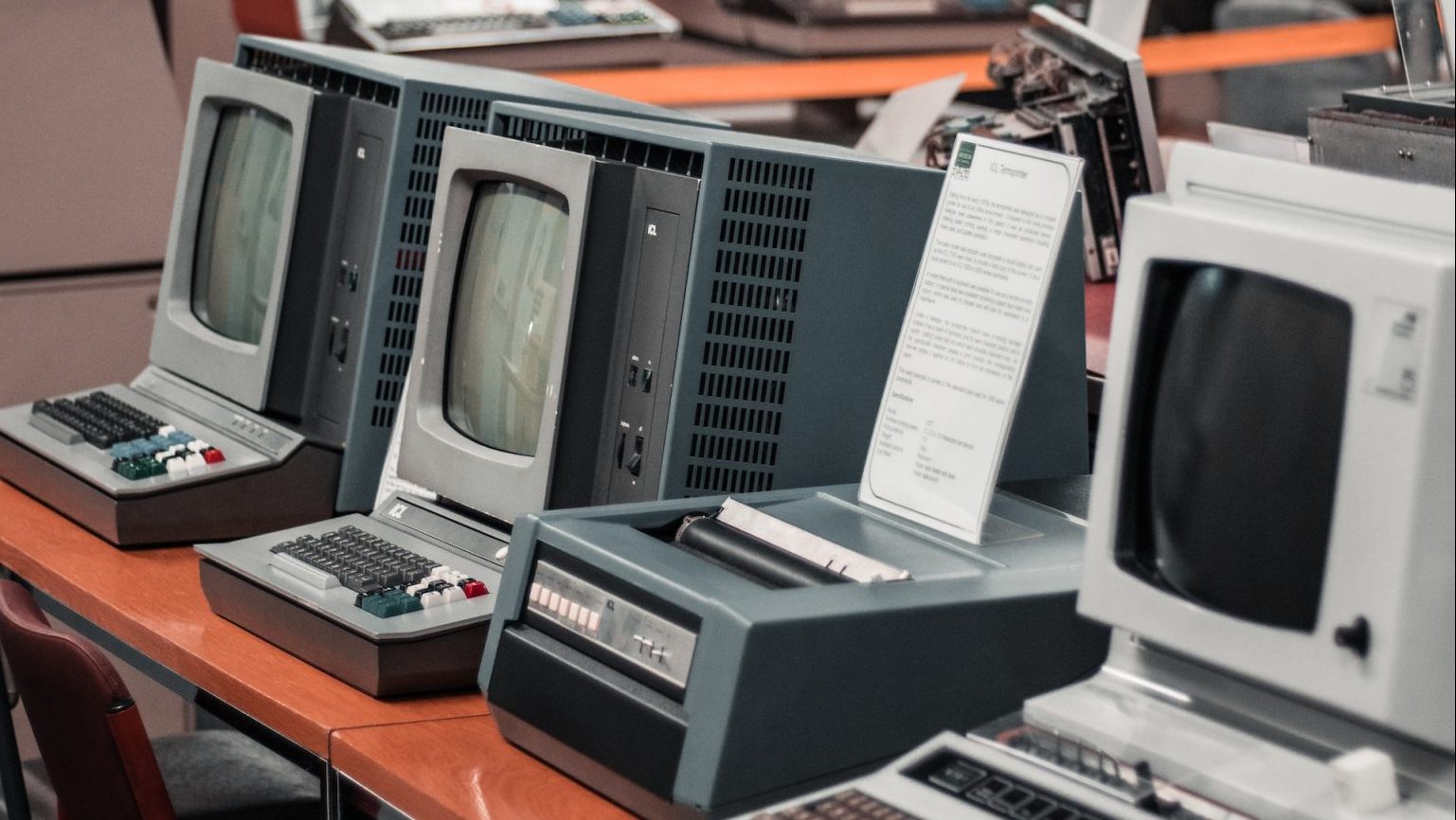Welcome to The Nightcrawler — a weekly newsletter from Eric Markowitz covering tech, innovation, and long-term thinking.
Eric Markowitz is a partner and the Director of Research at investment firm Nightview Capital. A former investigative journalist, with bylines in The New Yorker, GQ, Fast Company, among other[…]
From tulips to Bitcoin, bubbles have been given a bad rap as destroyers of dreams — but they’re essential for our brightest future. Here’s why.
Byrne Hobart is an investor, consultant, and writer. He is the co-author of Boom: Bubbles and the End of Stagnation.
The Wharton School professor — and author of Co-Intelligence — outlines ways we can tap into the AI advantage safely and effectively.
Natasha Tynes is the founder of Suburban Media Group and a veteran communications professional with over twenty years of digital communications experience. She is a regular contributor to publications, among[…]
AI-powered voice technology is poised to revolutionize the ways we do business.
New tech is a double-edged sword. Integration can be expensive and perilous: Mess up the adoption and jobs are on the line.
We used to think, “That email isn’t going to write itself.” But now it can, thanks to AI. And there’s so much more, from coding to marketing.
Your organization won’t become a “data democracy” organically — shared knowledge is key.
A “stakehodler” has both a voice and a vote, an economic interest in how each network stewards important global resources.
Generative AI — driven by large language models — has the potential to destroy or supercharge most businesses. Now is the time to pivot.
It will be immensely difficult for the Bitcoin and Ethereum blockchains to protect their competitive edge if they do not pursue a radical change.
In history, every major technological advance has been used, for good and bad.
Despite their brief history, computers and AI have fundamentally changed what we see, what we know, and what we do.
Predicting how emerging technologies will impact industry is more difficult than it seems—and it seems plenty difficult. The reason is that we envision the future based on the present. We […]
















